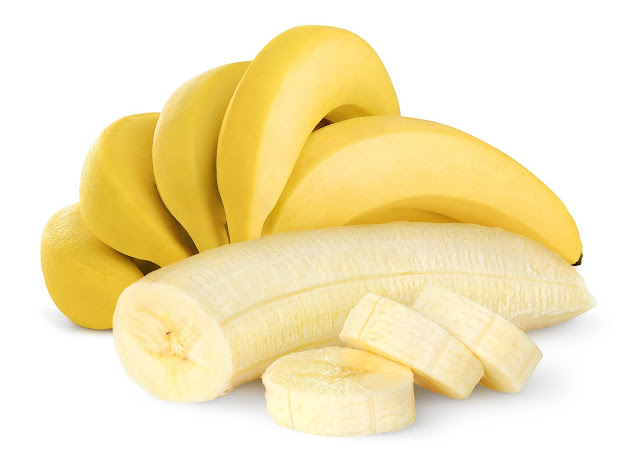Here are Best foods for your heart and blood vessels:
1. Green Vegetables
Green leaf lettuce, basil, parsley, broccoli, cabbage, spinach/ugu
etc. These green vegetables supply a wide array of vitamins,
minerals, and phytochemicals that can nourish the cells of your
cardiovascular system.
2. Foods Rich In Omega-3 Fatty Acids.
Walnuts, salmon, eggs, sardines, soybeans, shrimp, fish oil etc are
all naturally rich in omega-3 fatty acids. Undamaged omega-3 fatty
acids have been shown in both clinical and epidemiological studies to
reduce one's risk of cardiovascular disease.
3. Foods Rich In The Full Vitamin C Complex.
Pineapple, oranges, guava, grapefruit, papaya, strawberries, broccoli
etc are all naturally rich in the full vitamin C complex, which
includes compounds called flavonoids. Flavonoids are powerful
antioxidants that can help protect your heart and blood vessels
against damage created by free radicals. Flavonoids can also support
healthy dilation of your blood vessels during times when an area of
your body needs increased blood supply.
4. Garlic
Garlic adds flavor to any dish and also reduces cholesterol, blood pressure and improves blood flow. Use fresh garlic to get the most benefits. While both fresh and processed garlic help with promoting healthy blood flow in the heart, research suggests that fresh, crushed garlic is more effective.







